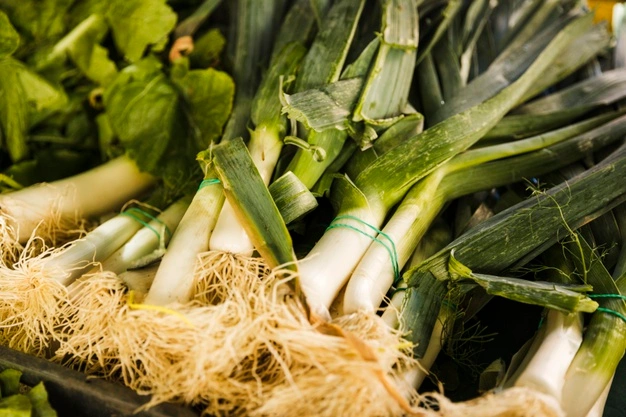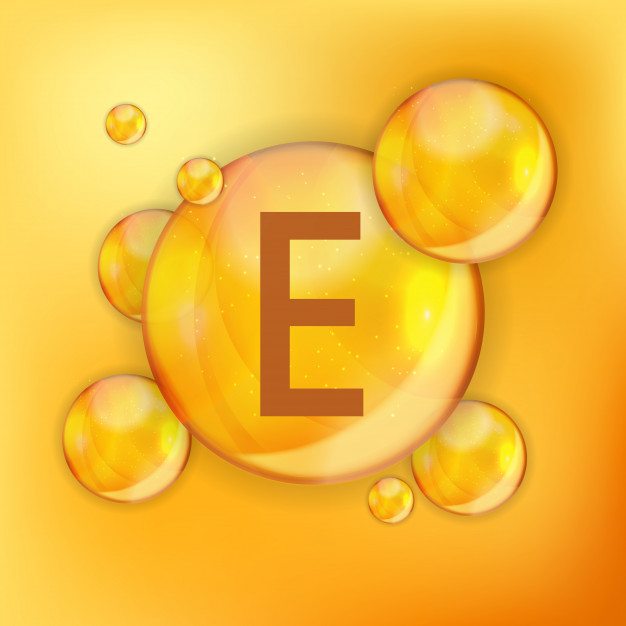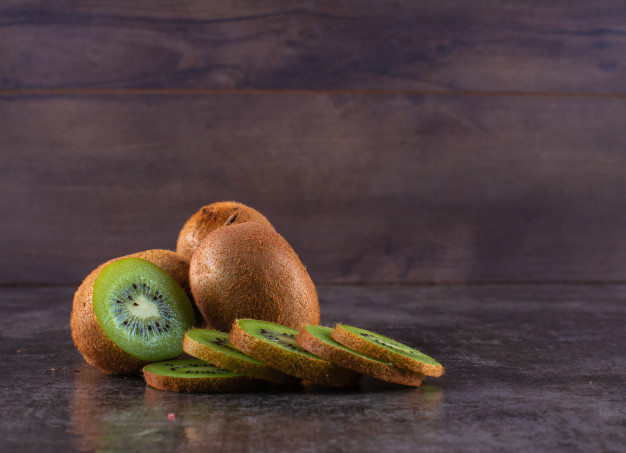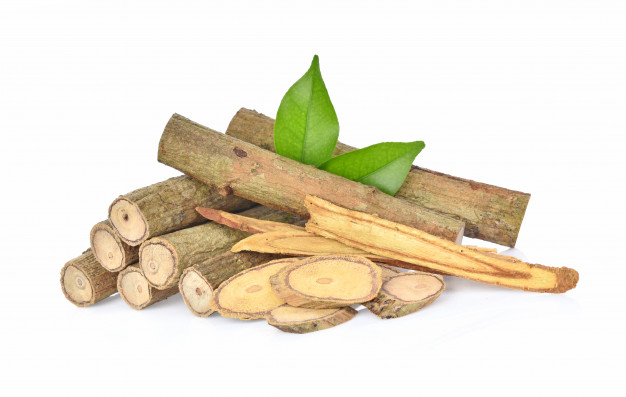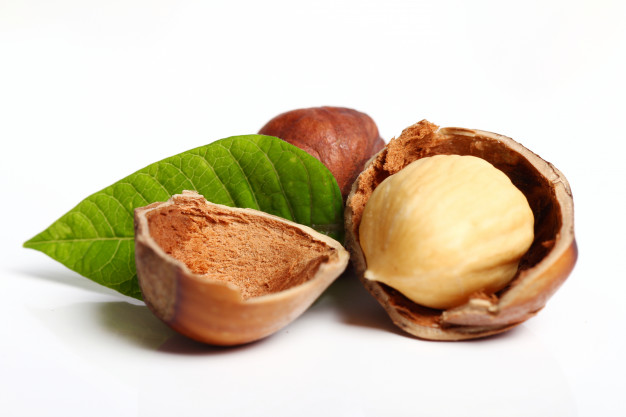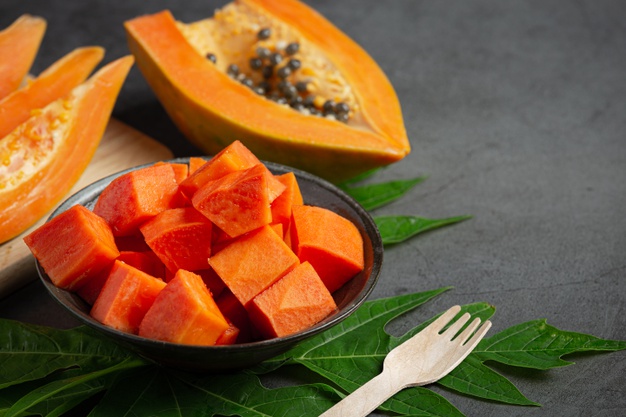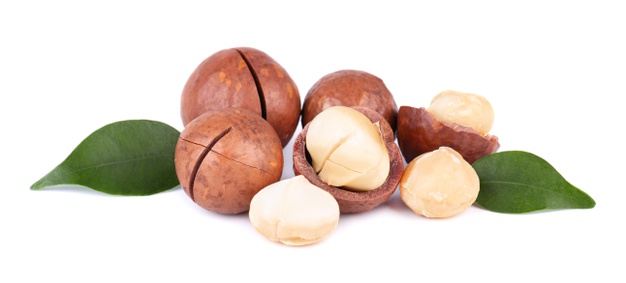Rice vinegar is obtained from fermented rice and has been extensively used for various medicinal purposes.
Nutritional composition
- It contains lesser amount of carbohydrates as well as dietary fibres
- It also contains small amount of proteins and mainly composed of vital amino acids
- It contains negligible amount of fat as well
- It does not provide enough calories on its oxidation as it is a poor source of carbohydrate and fat
- It contains various micronutrients, which are responsible for exerting numerous nutraceutical activities. It is especially rich in calcium, phosphorus, magnesium, and potassium
- It also contains organic acid and polyphenols that show potent antioxidant and anti-inflammatory activities
Type
Generally it is of two types, which include unseasoned and seasoned vinegar but unseasoned vinegar is relatively healthier.

How rice vinegar is prepared?
Below steps will discuss the method of preparing rice vinegar –
- At first rice should be taken in a fresh and big mixing bowl
- Then water should be added to it and it should be covered with a cloth
- It is better to soak it at least for 4 hours
- Then the rice mixture should be strained with a cotton cloth and the rice water should be kept separately in a refrigerator over night
- After that white sugar should be added with rice water (¾ cup of white sugar per cup of rice water) and it should be subjected for cooking at least for 15 to 20 minutes followed by cooling
- Then the mixture should be transferred into a glass container
- After that yeast should be added to the mixture (a quarter tablespoon of yeast for four cups of mixture) and it should be mixed well
- Then it should be kept for 4 weeks for allowing fermentation
- Finally it should be strained and boiled for obtaining rice vinegar

Health benefits
Role on digestive health
- It contains acetic acid that plays imperative role in improving digestive health
- It also promotes the absorption of nutrients through intestinal epithelial cells
- It helps to enhance peristalsis as well as bowel movement thus promotes colonic health and regularity
- It is also very effective for preventing inflammation in gut
Role on hepatic health
- It has been traditionally used in Japan as an imperative liver tonic that helps in improving liver functions
- It is associated with increasing the detoxifying effects of liver
- It helps to lessen the prevalence of liver cancer and also decreases the risk of developing tumors in liver

Hypoglycemic effects
- It shows anti-diabetic effects thus diabetic patients should include it in their diet for regulating their blood sugar level more effectively
- It is believed to be very much useful to be consumed with or after carbohydrate rich meal as it helps to decrease insulin spike
- It helps to improve the symptoms of type 2 diabetes mellitus
Role on cardiac health
- Rice vinegar is widely used as an important therapeutic agent for cardiac health
- It is associated with inhibiting the formation of fatty peroxide, which ultimately helps in slowing down the building up of cholesterol on the wall of blood vessel thus inhibits clot formation hence supports proper blood flow through vessels, as a result it decreases the prevalence of atherosclerosis as well as coronary artery disease
- It also helps to maintain heart beat
- It helps to prevent hypertension as well
- It also reduces the prevalence of heart attack or strokes

Hypolipidemic activity
- Acetic acid component of rice vinegar plays vital role in decreasing the level of triglyceride as well as cholesterol in body
- It helps to reduce the risk of developing metabolic syndrome
- It helps to improve the ratio of HDL and LDL in body that provides a positive impact on cardiac health and hepatic health

Role on immunity
- It acts as an important immune booster
- It contains various important amino acids that play significant role in improving the functionality of immune cells thus helps in strengthening the defense mechanism of body
- It also helps to decrease the susceptibility of developing infectious diseases
Role on metabolism
- It plays vital role in boosting up the overall metabolism of body
- Its amino acid components are responsible for preventing weakness and significantly help to improve the energy level of body
- It is also associated with inhibiting lactic acid formation within blood, which are accountable for stiffness, fatigue and irritability thus its consumption is directly related with improving performance ability of body
- On the other hand its consumption is thought to be very much beneficial for keeping an individual energetic and fresh throughout the day
Role on skin
- It is very effective for skin as well
- Its protein content plays important role in promoting the growth of skin and also helps in repairing damages by stimulating re-synthesis of cells and tissues
- It also helps to fight against free radicals thus decreases oxidative stress, which is responsible for lessening the prevalence of skin disorders as well as ageing
- It has seen that mixing rice vinegar with pure water (the ratio of rice vinegar and water should be 1:6) and tea tree essential oil and its application on skin significantly improves the symptoms of acne
- It also helps to improve the radiance of skin
- Rice vinegar has potent astringent activity thus its application is very much helpful for protecting the skin from infections and it is also very useful for tightening the skin
- Its topical application helps in soothing skin inflammation too

Role on weight management
- Consumption of rice vinegar especially the vinegar, which is prepared from brown rice is considered as an effective measure for weight reduction
- It has seen that consuming one to two tablespoon of rice vinegar along with meal helps people to lose their body weight in an effective manner
- It is associated with providing a feeling of satiety thus helps to decrease hunger as a result it helps to prevent over eating that also plays imperative role in regulating proper energy balance in body
- Its hypolipidemic activity is also accountable for decreasing total body fat percentage thus helps to prevent fat accumulation within body that significantly reduces visceral obesity
Other uses

- It has strong antiseptic property and it has been traditionally used for preparing various antiseptic medicines. It helps to eliminate harmful microbes from body thus helps to protect the body from the detrimental consequences of microbial infestation
- It is extensively used as an effective, natural as well as non chemical alternative for facial toner. A mixture can be prepared with rice vinegar, water and tea tree essential oil and it can be applied to skin with cotton balls. This mixture acts as an imperative moisturizer as well as toner that help to keep the face clean and soft
Culinary uses
- It is extensively used in Asian cooking
- It can be used in salad dressing as well
- It can be also used as flavouring agent
- It can be used as topping agent for french fries or stir fries
- It has been extensively used for preparing sushi rice
- It can be also used in pickling process
Risk factors
Excessive consumption of rice vinegar may cause tooth damage and may also decrease potassium level thus it is better to consume it in moderation.

Source:
Johnston, C.S., 2009. Medicinal uses of vinegar. In Complementary and alternative therapies and the aging population (pp. 433-443). Academic Press.
Kim, H., Lee, H. and Shin, K.S., 2016. Intestinal immunostimulatory activity of neutral polysaccharide isolated from traditionally fermented Korean brown rice vinegar. Bioscience, biotechnology, and biochemistry, 80(12), pp.2383-2390.
Lee, S.W., Yoon, S.R., Kim, G.R., Woo, S.M., Jeong, Y.J., Yeo, S.H., Kim, K.S. and Kwon, J.H., 2012. Effect of nuruk and fermentation method on organic acid and volatile compounds in brown rice vinegar. Food Science and Biotechnology, 21(2), pp.453-460.
Park, E.M., Lee, H.J. and Chung, Y.K., 2015. Quality characteristics and antioxidant activity of brown rice pear vinegar. Journal of the East Asian Society of Dietary Life, 25(6), pp.1041-1048.
Samad, A., Azlan, A. and Ismail, A., 2016. Therapeutic effects of vinegar: a review. Current Opinion in Food Science, 8, pp.56-61.
Xia, Q., Green, B.D., Zhu, Z., Li, Y., Gharibzahedi, S.M.T., Roohinejad, S. and Barba, F.J., 2019. Innovative processing techniques for altering the physicochemical properties of wholegrain brown rice (Oryza sativa L.)–opportunities for enhancing food quality and health attributes. Critical reviews in food science and nutrition, 59(20), pp.3349-3370.


